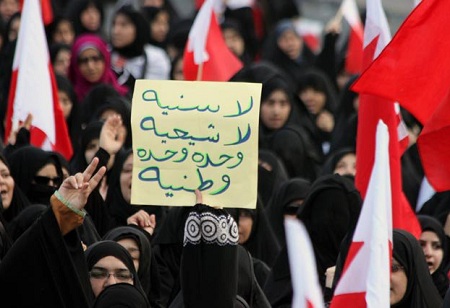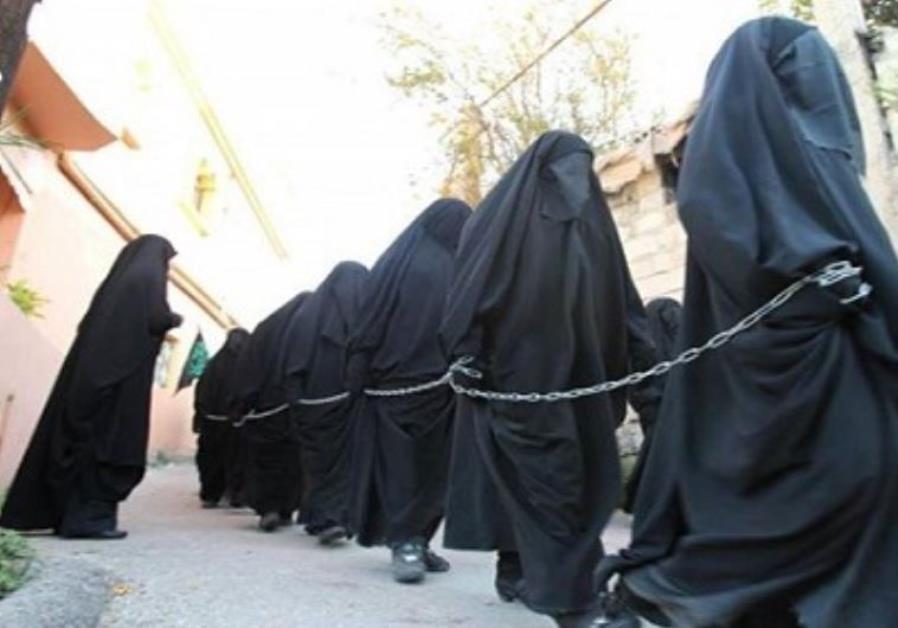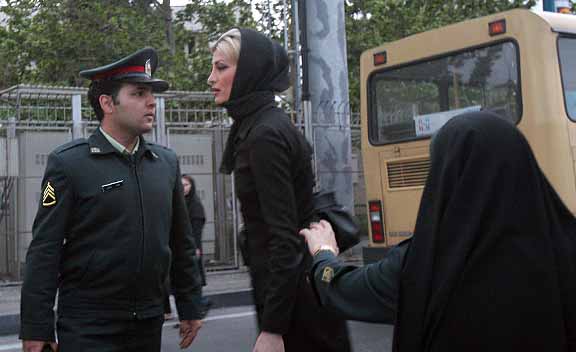
Most Arab Muslim nations have difficulties in implementing methods for respecting human rights in society as it actually is. This is due to the dominance of eschatological religious behaviour over this actuality and the loss of status of a behaviour that seeks to systemise personal and social differences. What promotes this loss is the concept of ‘guardianship’ implementing its authoritarian mission, carried out on a variety of issues, questions and affairs by men of the cloth and their political and social and religious institutions. Among these issues feature freedom of opinion and freedom of expression, and even freedom of lifestyle and how one in general should live.
THIS IS TAKING PLACE in the face of society’s prohibition against the dominance and government of eschatological religious behaviour, of efforts made to disseminate a culture of tolerance and respect for human rights, and of measures confronting any infringements of this. But all of this relies on securing non-interference in the personal and private behaviour of individuals, and the success of efforts to promote everything that contributes to the ordering of individual and social diversity.
One of the conditions of tolerance and respect for human rights – in any society, even a conservative society such as that which prevails in Kuwait – is that no individual or group of individuals sharing an identical or similar interpretation of religion or of values may impose their religious or moral views upon others, nor lobby against them on the grounds of their being ‘against religion or morals’.
These ‘guardianship’ activities practised by clerics and religious institutions, which strengthen the domination of one side over the other, can be dealt with through the promotion of a social behaviour systemising difference. The morals of society repudiate the dominance and guardianship that cause oppression and cancel out justice, and they consequently place checks on individual behaviour and individual relations, placing them in a social framework that achieves justice, just as the election process supports the diverse classes of individual life.
Here the act of an individual to choose one among several religions or to change his religion or denomination, or even to not profess faith in any religion, requires that such an act be individual and private. If this does not happen then the guardianship, dominance and acts of oppression by religious followers (particularly those of the majority religion) against the lives, creed and thinking of religious minorities – or non-religious minorities – leads to acts of oppression against the feelings, rituals, practices and rights of these minorities.
The right of the private individual to elect how he lives or to select his faith, his religious denomination or his personal religious feeling – or lack of religious sentiment and belief – is one of the basic conditions underlying respect for the rights of man in any society. It is one of the basic elements of a modern system of social ethics.
Conversely, religious ethics seek only to achieve happiness for mankind in the next world, and the projects of political Islam are geared solely to this end. Religious happiness in the view of religious, political or traditional commentators, is a happiness that arises from otherworldly religious truth. For this reason it does not have a clear conception of the role of ethics in systemising diversity in mundane, social relations. This leaves it unconcerned with any organising of the relationship between various individuals in a society, and so it is therefore uninterested in issues of tolerance and the rights of Man, in violations against him, or the oppression, torture or killing of his fellow.
The modern human concept of tolerance is very far removed rom that understood by the religious current
Traditional religious ethics only manifest themselves in disciplining the soul or reforming the spirit or propagating virtues in Man, or keeping him away from vice (according to a religious view of virtues and vice). This is to save him from Hellfire in the next world, not to help him systemise his relations and social differences in this world or help him achieve his human social visions.
On this basis, the moral values which contribute to organising various social relationships are the ones capable of adopting the concept of defending human rights. This is because they defend the right of each man to differ and allow diverse people to live within a shared social framework, where each party respects the existence of the other and respects his right to believe in any faith or no faith at all, by use of an approach that does not destroy the social reality of life as it is lived, but rather provides order to it.
On the other hand the alternative form of behaviour, that is the behaviour of partisans of otherworldly religious ethics, is unable to present an approach that can contribute to the defence of the rights of mankind, especially when its partisans make efforts to impose their religious moral views on the rest of society’s components. Their behaviour reflects their opposition to tolerance and their violation of the personal rights of individuals who live alongside them in the same society.
The modern human concept of tolerance is very far removed in time from that understood by the followers of thereligious current, in that the approach of the latter is tied to the fundamentalist approach of the past and to historical culture. Over half of the world is able to base itself on the modern conception of tolerance to mark unique advances in issues of symbiosis, progress and development, whilst the religious current in Kuwait and other Muslim societies continue to exploit this modern conception in but a limited and painful way, and one that is far removed from any symbiotic cultural endeavour.
Tolerance is held to represent a transgression against ‘religious fixed points’
For example can we recognise the ‘tolerance’ standpoint of the religious current in Kuwait concerning freedom of opinion and expression in a general sense, or their views on equality, women and non-Muslims, or on atheism or apostasy or takfīr, or even other questions which as far as they are concerned constitute religious red lines? Is it right that the question of tolerance applies only to Sunni Kuwaitis who find themselves obliged to live alongside the Shīʽa? Does tolerance manifest itself in a sectarian framework or is it a broad, comprehensive, widespread humanitarian concept whose aims and components the religious current is still incapable of embracing and whose implications it is unable to cope with? Even the tolerant view of the Sunnis vis-à-vis the Shīʽa, and that of the Shīʽa towards the Sunnis, is rarely free of preference for one party over the other. Here the matter is presented as an act of graciousness on the part of one party towards the other, something which the process of living together in society makes unavoidable. For the fundamentalist view of tolerance, whether on the part of the Sunnis towards the Shīʽa or vice versa, is but a patronising conception and not one which emanates from the starting point of equality and fellow citizenship.

Suggested Reading
Any violation of tolerance on the part of a religious current, however strong a support this tolerance enjoys in the letter and the spirit of the Kuwaiti Constitution, derives its starting point from the lack of the recognition of tolerance which is necessarily held to represent a transgression against ‘religious fixed points and customs and traditions’, despite the fact that the understanding of these fixed points is a relative matter and not absolute.
In its defence of general liberties the Constitution of Kuwait aims to make the country follow the trajectory of modernity and not regress or recede, or remain captive to a historically fundamentalist interpretation of life. Even if it is only some of the more backward-minded who rely on the second article of the Constitution, it is nevertheless important that this does not become a cause for regression but rather a path towards proposing a civilised conception of religion that can embrace the implications of ethical specificity and diversity, and the respect for human rights.


